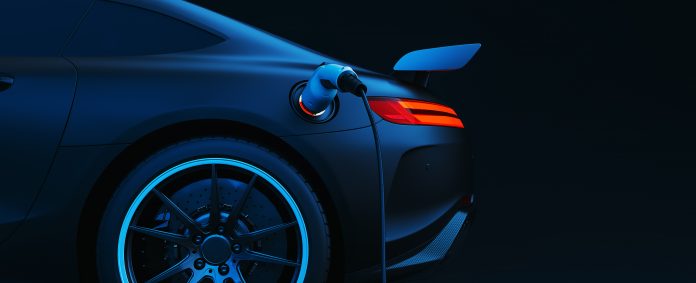After several months of delay, the U.S. Treasury has tightened domestic sourcing requirements for electric vehicle tax credits.
Up till now, automakers and consumers have enjoyed minimal restrictions on which cars qualify for the full $7,500 tax credit. However, with the Treasury’s revisions, many vehicles are expected to lose their qualifying status once they go into effect. The new restrictions focus on EV batteries, and split the total credit between two components: the percentage of the battery made from domestically sourced critical minerals, and the percentage of the battery assembled in the U.S. Each factor can earn up to $3,750, or half of the total credit.
According to the Treasury’s press release, 40% of the critical minerals used in an EV battery must be domestically sourced, while 50% of the battery must be built in North America. Vehicles which meet both of these conditions qualify for the full $7,500. Once either amount falls below its standard, however, the vehicle only qualifies for a portion of the credit. For example, if half of a battery is assembled in America, but only 30% of the minerals used are from the U.S., it would only qualify for 75% of $3,750 plus $3,750. On the other hand, if 40% of the minerals used in the battery are domestically sourced, but 70% of the battery is assembled in China, it would earn $3,750 plus 60% of $3,750.
With these restrictions, few EVs will qualify for the full $7,500, at least until automakers can meet the new domestic sourcing standards. The rules will be enforced starting on April 17.



